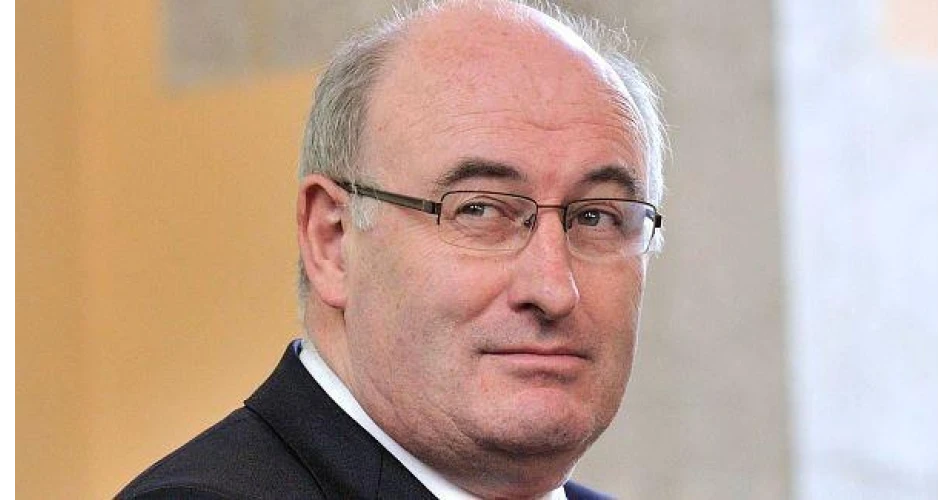The European Union has agreed a compromise deal to enforce stricter rules on carbon dioxide emissions for all new EU automobiles from 2020.
Ireland, holder of the rotating EU presidency, which has brokered the deal, said the compromise struck the right balance between environmental ambition and economic considerations.
"This agreement clearly represents a win-win for climate, consumers, innovation and jobs and provides another important step towards a competitive, low-carbon economy," Irish Environment Minister Phil Hogan said in a statement after the deal was agreed on Monday.
The outline agreement on implementing a target of 95 grams of carbon dioxide per kilometer still needs the official endorsement of EU member states.
German efforts to ensure that its luxury car makers, such as BMW and Daimler, could continue to produce more polluting, less fuel efficient cars complicated the final stages of talks. Making less-polluting cars is costly and restricts profit margins, which is why Germany sought ways to delay meeting the stricter rules.
Under the European Commission targets, each manufacturer will now be assigned an individual target to take account of the nature of their fleet and their past cuts.
 Minister for the Enviornment, Phil Hogan
Minister for the Enviornment, Phil Hogan